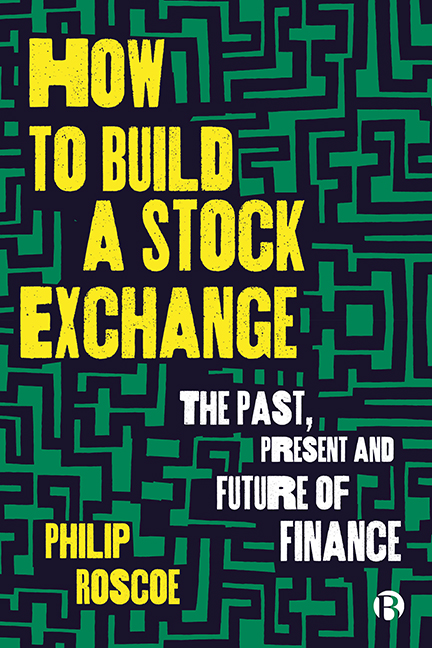2 - From Future Pigs to Present Prices, a Chicago Story
Published online by Cambridge University Press: 18 January 2024
Summary
‘Heedless of all these things, the men upon the floor were going about their work. Neither squeals of hogs nor tears of visitors made any difference…. It was all so very business-like that one watched it fascinated. It was pork making by machinery, pork making by applied mathematics….’ So wrote Upton Sinclair of the huge stock houses in 19th-century Chicago. The Jungle, Sinclair’s muckraking exposé of industrial pork production and exploited labour, takes us to the beginnings of a new kind of market, a distinctively modern, technological, Chicago affair. By the early 20th century, Chicago was the biggest railway hub in the USA and the gateway to the agrarian West. At its peak this heartless pork-making by applied mathematics chewed its way through 13 million animals every year. Caitlin Zaloom, an anthropologist who has studied the growth of Chicago’s financial markets, writes that the ‘disassembly line’ was ‘an important inspiration for a later industrialist, Henry Ford, who mimicked this orderly model of death and dismemberment in his automobile plants. His admiration focused particularly on the meatpacking industry’s refined division of labour, the intricate order behind the foaming rivers of blood that ran through the slaughterhouses.’ The stockyards supplied canned products across the USA and gave rise to appalling environmental conditions closer to home:
… the residents would explain, quietly, that all this was ‘made’ land, and that it had been ‘made’ by using it as a dumping ground for the city garbage. After a few years the unpleasant effect of this would pass away, it was said; but meantime, in hot weather – and especially when it rained – the flies were apt to be annoying. Was it not unhealthful? the stranger would ask, and the residents would answer, Perhaps; but there is no telling.
The stockyards created immense wealth: so much money, so much energy, so much filth. All called for civic action, and April 1848 saw the foundation of the Chicago Board of Trade. Its founders were prominent businessmen and politicians, and it was set up to enhance the city’s stature, cementing Chicago’s position as a national centre for trade.
- Type
- Chapter
- Information
- How to Build a Stock ExchangeThe Past, Present and Future of Finance, pp. 23 - 32Publisher: Bristol University PressPrint publication year: 2023



